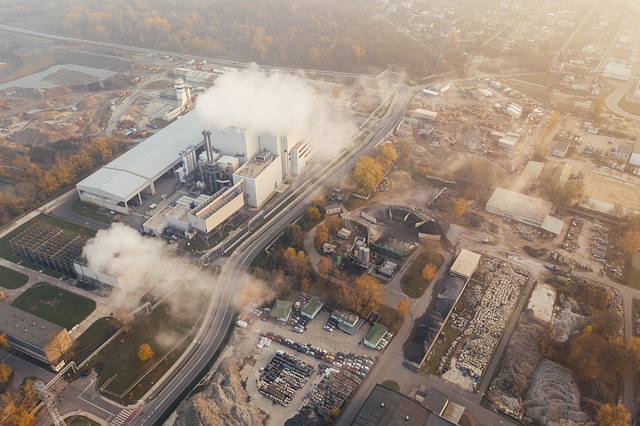Urban ecology plays a vital role in shaping the way we interact with our environment, especially in densely populated urban areas where green spaces are limited. As we navigate the hustle and bustle of city life, the need for green gardening becomes increasingly essential. Embracing flora within concrete jungles not only beautifies our surroundings but also fosters a deeper connection to nature.
Green gardening initiatives in urban areas serve as a lifeline for biodiversity, offering refuge for various species that might otherwise struggle to survive. By cultivating flowers, vegetables, and greenery, urban gardeners can transform empty lots and balconies into vibrant ecosystems. These patches of life offer a symphony of colors, scents, and sounds, immersing residents in the beautiful complexities of nature.
But gardening in urban environments presents its own set of challenges. Limited soil quality, air pollution, and space constraints might deter some, yet urban ecology advocates see these as opportunities for innovation. Vertical gardens, rooftop farms, and community gardens are not just trends; they are vital practices that make our cities healthier and more sustainable. Utilizing eco-friendly practices like composting and native plant cultivation enhances the resilience of urban gardening, turning our living spaces into thriving habitats.
For those eager to dive into the world of urban gardening, starting small can make a significant impact. Whether it’s a window box filled with colorful flowers or a tiny herb garden on a balcony, each step nurtures both greenery and well-being. Moreover, engaging with local community garden programs can foster a sense of collaboration, unity, and shared passion for sustainable living.
Urban ecology invites us to reimagine our cities not as barren landscapes but as vibrant, interconnected ecosystems. By integrating greenery into our lives, we can create sanctuaries where both humans and nature can flourish. Together, let’s cultivate spaces that not only enhance our environment but also inspire future generations to respect and cherish the natural world around them.




